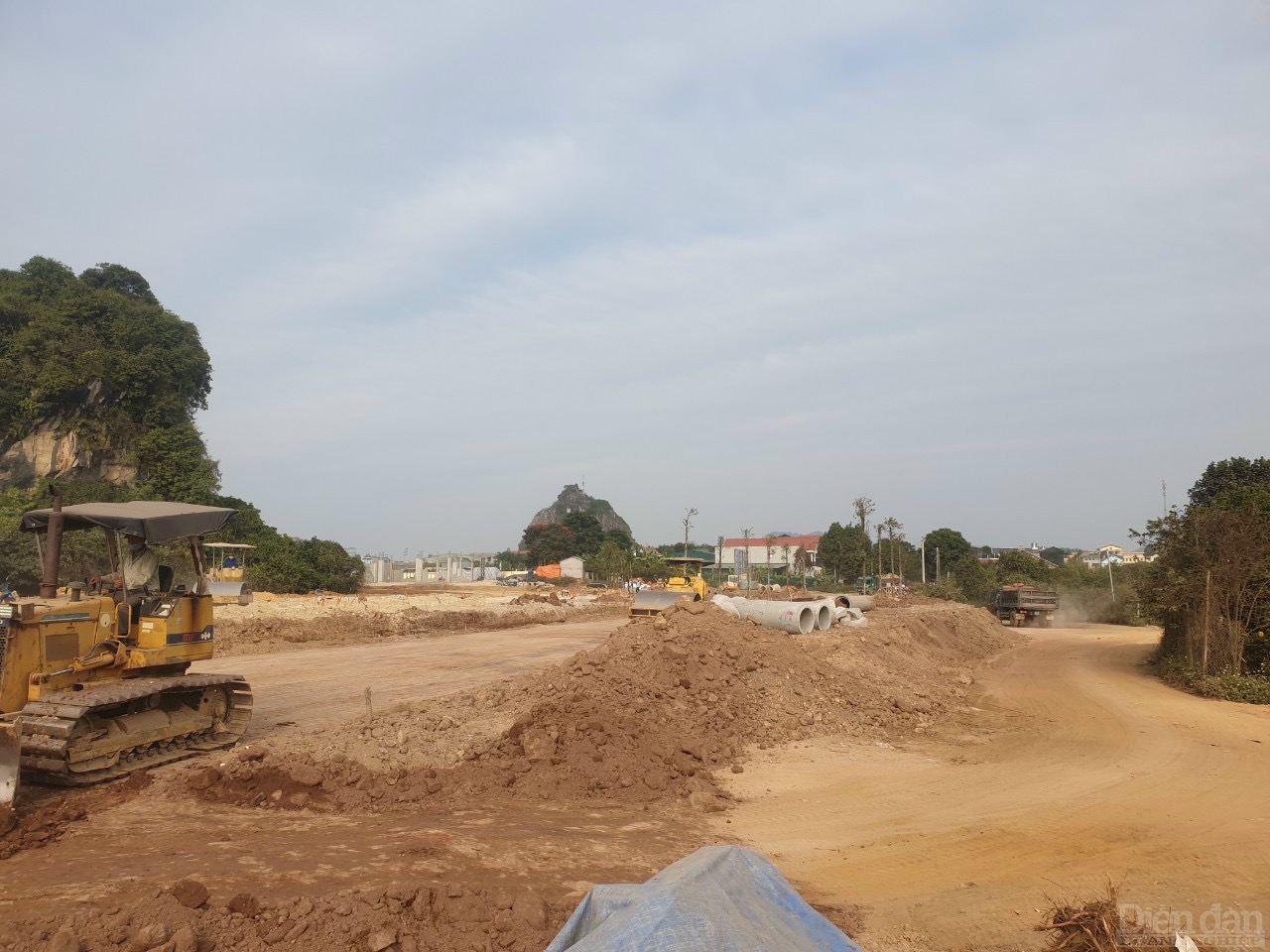Wary of real estate booking
As the real estate market progressively improves, several developers provide new product packages. However, several projects are already collecting reservations - even before the foundation is built.
As we enter 2024, the real estate market welcomes several "levers," such as low loan rates, and investor confidence has steadily regained. Notably, after some preparation, numerous projects with booking choices have been released to the market.

In an interview with a reporter, a head of a real estate business in Hanoi stated that project booking allows developers to "bypass rules" while raising funds from clients or to utilize this approach as a market test. If the booking volume is high, the developer can schedule the sales launch or devise a suitable project price strategy.
In real estate projects, project reservations are often made at an early stage of the product purchasing process. Customers usually pay a reservation fee and are allocated a queue number for the project. On the project's sales launch day, the developer will let consumers select units or hold a priority draw depending on their queue number. After choosing a suitable unit, the customer will confirm and convert the reservation cost into a product purchase deposit.
If a suitable product is not selected, clients may continue to reserve their space for future sales stages. If the consumer decides not to purchase, the reservation cost will be reimbursed within a specific time period.
Regarding project booking, Dr. Nguyen Van Dinh - President of the Vietnam Real Estate Brokers Association believes that most developers receiving booking reservations aim to explore the market and retain potential customers. A large number of customer bookings helps developers understand and assess market preferences and the segments of interest to customers.
However, there will be a certain number of brokers and big project distributors that invest their own money to create "buzz" during periods when the real estate market is still slow. As a result, in this setting, a large number of bookings may not accurately reflect actual market demand.
From a legal standpoint, Lawyer Hoang Tung of Trung Hoa Law Office, Hanoi Bar Association, stated that the Real Estate Business Law prevents developers from beginning sales before the project is approved. Thus, collecting booking fees from consumers before the foundation is laid is also an unlawful act, which can be viewed as a means of circumventing the law in order to obtain cash in violation of the law.
Lawyer Phan Thu Hien of the Ho Chi Minh City Bar Association agreed, stating that the current law (Real Estate Business Law 2014) only regulates real estate transactions after the Real Estate Business Contract is signed, but not transactions or capital raising before the contract is signed. This loophole has led to circumstances when merchants and capital raisers exploit it to get reservation money from clients.
To tighten future housing transactions, the new Real Estate Business Law requires businesses dealing in future housing to have a deposit to enter into a sales contract only if the housing meets the criteria for marketing, which means the foundation construction must be completed and approved. Furthermore, the new Housing Law will not recognize capital raising in the form of capital contribution contracts, as well as contributors' priority in depositing, registering, and acquiring future housing developments.
"Some developers getting bookings and payments from consumers while the project foundation is not yet completed may be taking advantage of a loophole, racing to acquire cash before the two new Laws go into effect," Lawyer Phan Thu Hien observed.








